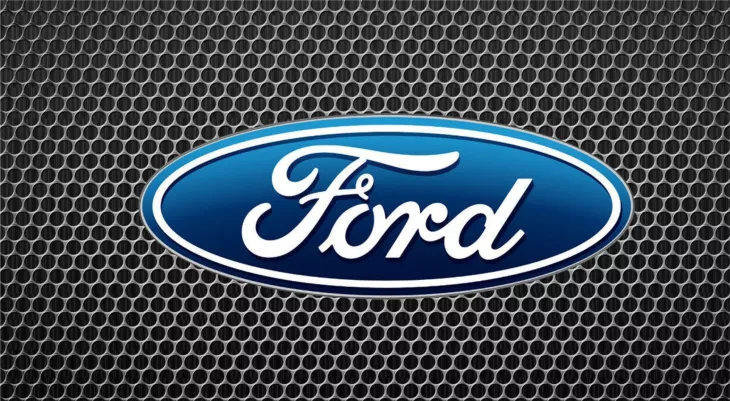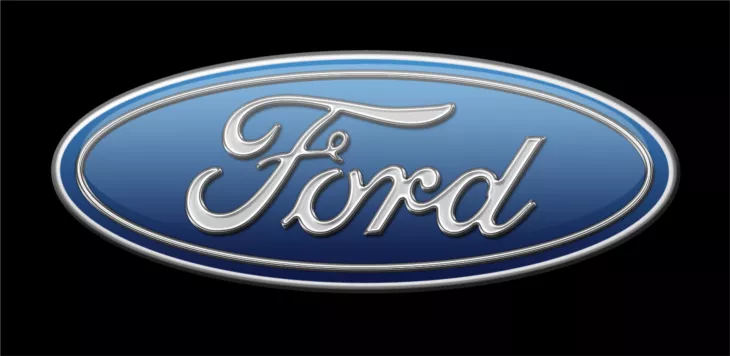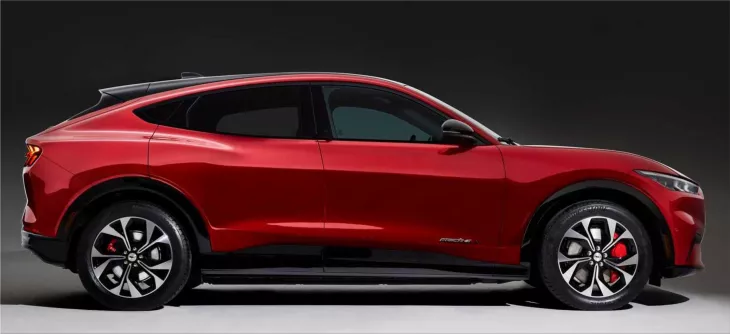Ford Motor Company announced that the company would join the First Movers Coalition (FMC). The global initiative uses corporations' economic power and supply chains to scale markets for innovative clean energy technologies as quickly as possible.
"Ford has a strong track record for driving automotive sustainability, being the only US automaker working to implement stricter vehicle emissions standards," said Chris Smith, Chief Government Affairs Officer of the Ford Motor Company. "And we're the first automaker to join the US Department of Energy's Better Climate Challenge and commit to reducing our production-related emissions effective early 2022. In addition, as a member of the First Movers Coalition, we're now making an impact on the environmental influence of our supply chain by financing green steel and aluminum.
The coalition comprises more than 50 companies from five continents with an approximately $8.5 trillion combined market value. They want to send out a strong market signal to support the commercialization of zero-carbon technologies. For its part, Ford has committed to purchasing at least 10 percent steel and aluminum that produce almost zero CO2 emissions by 2030. In addition, the company is working to achieve global carbon neutrality in its vehicles, operations, and supply chain by 2050 at the latest and to meet science-based interim targets by 2035.
"Reducing emissions to carbon-neutral levels by 2050 is possible if we invest in the right technologies and scale them up at the scale needed over the next decade," said Sue Slaughter, Ford's director of supply chain sustainability. "By joining the First Movers Coalition, Ford is signaling to the market that we are committed to working with our suppliers to use green steel and green aluminum in production while maintaining commercial viability. The intent and significance of our engagement today have the potential to build and contribute to a climate-neutral economy.
To be at the forefront of a new era of electric cars and connected vehicles, Ford plans to invest more than $50 billion in electric vehicle and traction battery development worldwide from 2022 to 2026. The company already has advanced and efficient car factories, gradually expanding. Thousands of new jobs will be created and supply chains built that meet Ford's sustainability and human rights commitments.
Ford already recycles up to nine million kilograms of aluminum each month at its Dearborn Stamping, Kentucky Truck, and Buffalo Stamping plants in the United States. According to the Aluminum Association, producing recycled aluminum requires only about 5 to 10 percent of the energy needed to make new aluminum.
Guided by the World Economic Forum and the US administration, the First Movers Coalition targets sectors such as aluminum, aerospace, chemicals, concrete, shipping, steel, and trucking, responsible for 30 percent of global emissions. In the absence of urgent advances in clean technology innovation, this share will likely increase to more than 50 percent by mid-century. For example, according to the World Economic Forum, aluminum accounts for 2 percent of global emissions.
At the COP26 climate conference, Ford already joined RouteZero, a global coalition to curb global warming. RouteZero aims to switch to purely battery-electric vehicles worldwide by 2040. In addition, by 2035, Ford plans to sell only zero-emission cars in Europe. Climate neutrality is to be achieved at European locations, logistics, and suppliers within the same period.

































